In the ever-evolving tech landscape, understanding what constitutes ‘enterprise-grade’ software is crucial for companies looking to optimize their operations. This article delves into the distinctive features that set enterprise-grade software apart, examining aspects like scalability, security, and customization. By understanding these elements, organizations can make informed decisions about their software needs and investments.
Scalability: Meeting Growing Demands
One of the primary characteristics of enterprise-grade software is its ability to scale seamlessly. As businesses grow, their software needs often change, requiring solutions that can handle increasing amounts of data, users, and transactions without compromising performance. Unlike standard software, which might falter under pressure, enterprise-grade applications are built with robust architectures designed to support scalability.
This scalability is typically achieved through features such as:
- Cloud Integration: Many enterprise solutions leverage cloud technology to ensure flexibility and efficient resource allocation.
- Modular Design: Enterprises can often add or remove components from their software ecosystems as needed, ensuring that they only pay for what they use.
- Load Balancing: This technology distributes workload evenly across servers, thus optimizing performance during peak times.
By investing in scalable solutions, organizations can avoid the pitfalls of outgrowing their software, ensuring that their operations continue to run smoothly as they expand.
Security and Compliance: Safeguarding Data
Another defining feature of enterprise-grade software is its emphasis on security and compliance. With increased data breaches and stringent regulations governing data management, businesses must prioritize software that offers advanced security tools. Enterprise-grade solutions are designed with multiple layers of security to protect sensitive information and ensure compliance with industry standards.
Organizations benefit from:
- Advanced Security Features: These often include encryption, multi-factor authentication, and regular security updates to protect against emerging threats.
- Compliance Support: With evolving regulations such as GDPR and HIPAA, enterprise software often includes features that help organizations maintain compliance effortlessly.
- Audit Trails: These are critical for ensuring accountability and transparency, allowing organizations to track changes and access to sensitive data.
The prioritization of security and compliance not only protects the organization from external threats but also builds trust with clients and stakeholders, further strengthening its reputation in the marketplace.
In summary, understanding the unique characteristics that differentiate enterprise-grade software is essential for organizations looking to invest wisely in technology solutions. Scalability allows for growth without disruptions, while enhanced security features safeguard sensitive data and ensure regulatory compliance. By prioritizing these aspects, businesses can position themselves for long-term success in an increasingly digital world.
